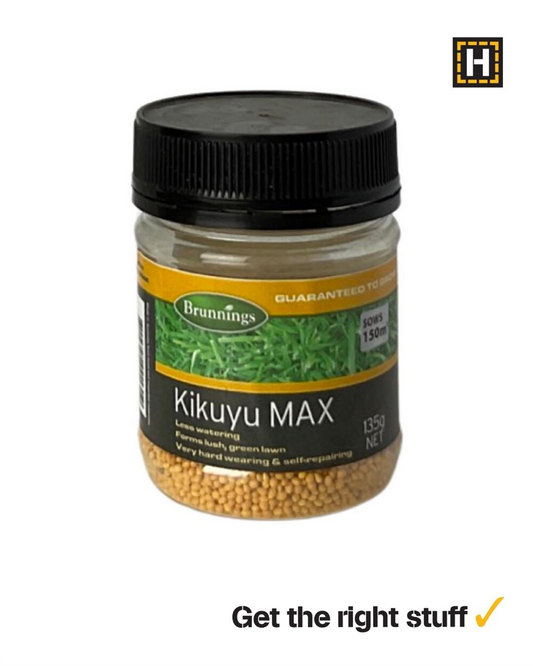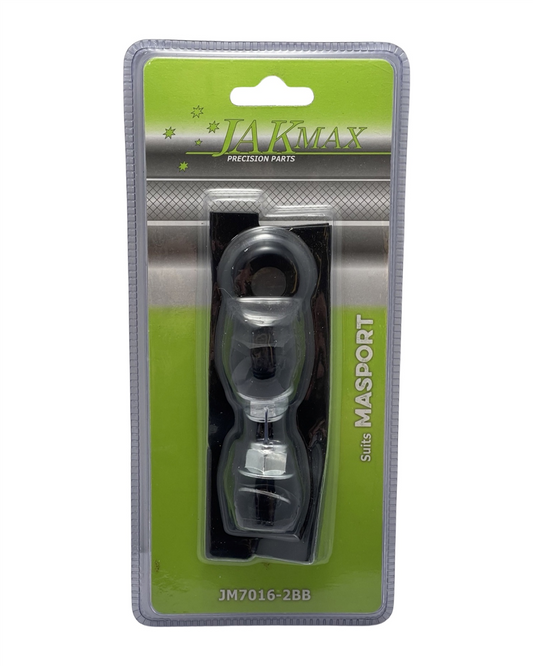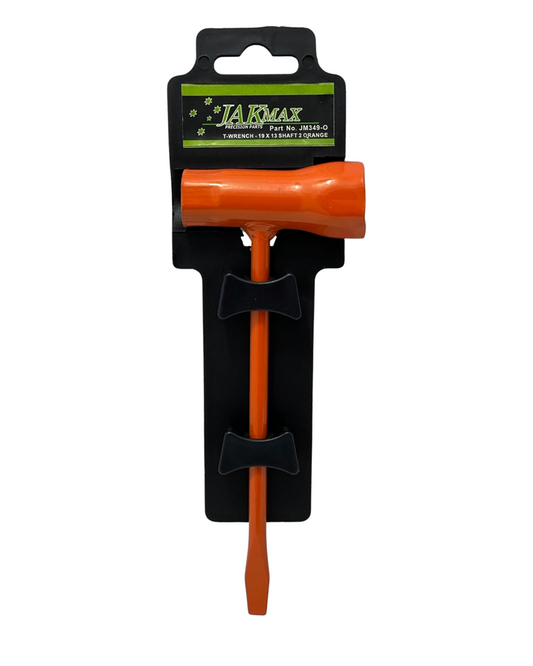Neutrog says it's 'garden gold' – but why do your cherry tomatoes still look sad?
Share
Feed Your Summer Veggies Without the Guesswork
There’s no magic fertiliser — but there are smarter, simpler choices that give results
In the world of home gardening, few things are more crushing than seeing your summer tomatoes suffer while your neighbour’s patch looks like a salad bar in full bloom. You water, you weed, you cross your fingers... still, your zucchinis sulk. Often, it’s not you. It’s what’s feeding (or not feeding) them.
Your veggies are working overtime in summer — pushing out fruit, surviving the heat, fighting pests. They need fuel. The right kind. Enter organic fertilisers. Gentle, slow-releasing, and grounded in nature. Best part? You don’t have to guess which ones work in South Aussie soils. We’ve seen what thrives in this region’s sun-baked backyards and tiny courtyard containers alike.
Old way: Big-name fertilisers with big promises that burn your plants. New way: Organic blends made for growth, not just speed.
What Makes a Fertiliser ‘Organic’ (and Why Does It Matter?)
Organic fertilisers come from natural sources like composted plants, animal manure, seaweed, or minerals. Unlike synthetic versions, they don’t overwhelm your plants or damage beneficial microbes in your soil. Think of them as slow food for your garden — steady, nourishing, and full of what your veggies crave.
“Good soil grows good food. Adding the right fertiliser is like seasoning your dinner — without it, the flavours just don’t pop.” — Candeece, Local Garden Guide at Strathalbyn
The Top Organic Fertilisers That Actually Work in South Australia
1. Seasol Seaweed Concentrate (from Neutrog)
Okay, it’s not technically a fertiliser, but let’s call it the garden’s multivitamin. It helps plants recover from heat stress, strengthens roots, and encourages overall growth. Works brilliantly when you’re planting summer seedlings — or when your basil begins to sag in a 40-degree week.
2. Brunnings Blood & Bone Plus
A classic for a reason. High in nitrogen and phosphorus, ideal for leafy greens like lettuce, spinach, and rocket. Plus, it breaks down gradually, which means your plants get steady nutrition without the risk of overfeeding.
3. Well-Rotted Chicken or Cow Manure
If you’ve got access to local, mature animal manure that’s been left to decompose properly, it does wonders for cucumbers, pumpkins, and beans. Just make sure it’s not fresh — that’s a one-way ticket to burnt roots and regrets.
4. Lucerne or Pea Straw Mulch
This might feel like cheating — mulch isn’t a fertiliser per se. But organic mulches break down over summer and feed the soil with organic matter. Bonus: keeps water in, which your tomatoes will thank you for.
5. Neutrog Rooster Booster
Pelletised, easy to spread, and full of balanced nutrition. Perfect for fertilising before a summer storm or after harvesting your first zucchini. It's like giving your soil a warm, nourishing casserole.
When (and How) to Apply
Most organic fertilisers take a little time to kick in, so it’s smart to fertilise early in the growing season and then top-up every 4–6 weeks. Water them in well afterwards — better yet, time your feed with forecasted rain. Here’s a simple cycle for growing strong veg all summer:
- Start with Seasol when planting seedlings.
- Add Rooster Booster or Blood & Bone two weeks later.
- Top up mid-season with compost or aged manure.
- Keep a layer of straw mulch straddling the rows all summer.
Don’t forget the soil itself
Think of fertiliser as one ingredient — not the whole cake. Healthy, worm-rich, well-dug soil boosts any fertliser’s superpowers. And if you’re working with clay or sand? Local composts and loams can fix the structure first so fertilisers don’t just wash through or sit stagnant.
But is Organic Really “Better”?
It depends on your goals. Do you want instant giant fruit that burns out your plants by mid-January? Synthetic might get you halfway. But if you want sustainable, steady growth; a microbe-rich soil that gets better year after year; a garden that supports bees and worms — organic’s the way.
Plus, it just feels right. You’re feeding your family from this soil. May as well treat it — and them — kindly.
Smooth Basics, Stunning Harvests
You don’t need twenty products. You need a few that work. And a rhythm that feels good. A gardening rhythm that doesn’t feel like guesswork or overwhelm — just small, steady steps that lead to cherry tomatoes you’ll want to show off and zucchinis that need their own recipe folder.
Summer gardening isn’t about perfect technique. It’s about persistence, paying attention, and knowing that with the right inputs... good things grow.
Happy growing,
Candeece 🌱
 Stay Connected
Stay Connected
Join our gardening community on Facebook: Urban Gardener's Notebook
And follow our Store Facebook Page: Strathalbyn H Hardware on Facebook









